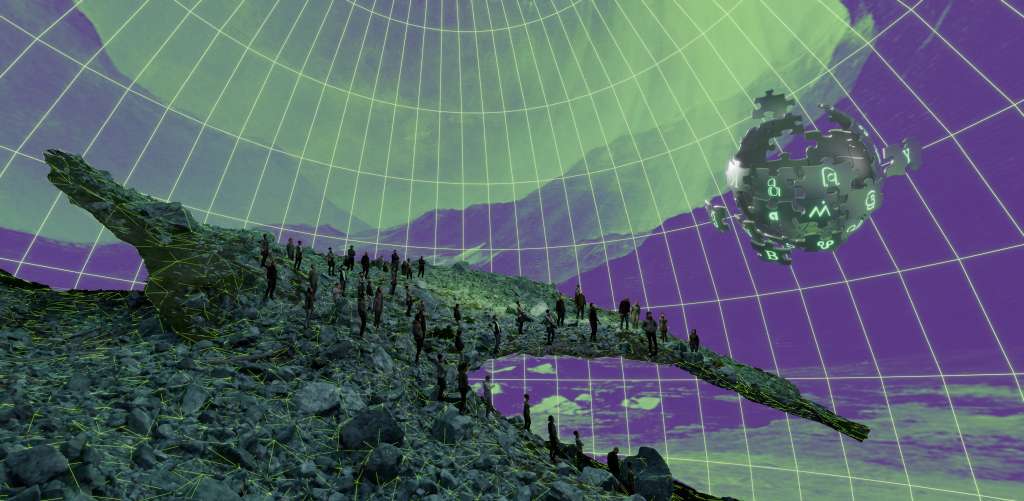
OPEN CALL: WORLD WIDE WIKI
A MEDIA ART LAB as part of DIGITHALIA – Festival für virtuelle Theaterformen Graz
In 2026, Wikipedia will celebrate its 25th birthday. The encyclopedia, which went online on January 10, 2001, not only represents the digital and democratic spirit of the 1990s, but also reflects the major and often problematic developments in the digital world over the past quarter-century. Nevertheless, with around 65 million articles and hundreds of thousands of active, anonymous, and volunteer authors, Wikipedia is now an indispensable archive of free knowledge on the World Wide Web.
However, this free knowledge is under serious threat. AI companies such as Open AI train their large language models using open-source content from Wikipedia, siphoning off knowledge for their proprietary products. All the while, culture wars from the right are in full swing: Elon Musk is calling for Wikipedia's funding to be cut; a Trump-aligned prosecutor is questioning its non-profit status , accusing the web encyclopedia's parent company of manipulation and foreign influence; the right-wing think tank Heritage Foundation plans to use data leaks to reveal the identities of authors, making them targets of hate campaigns.
In this context, Wikipedia merely serves as a prominent example of the current state of free knowledge on the internet. Whether it's digital archives, social media, or government websites, information is being censored and disappears—often disguised as criticism of supposed “wokeness” and under the guise of free speech. Whether the internet really never forgets, to quote the old saying, has ultimately become a question of power, capital interests, and political leverage.
Against this backdrop, the DIGITHALIA festival at the Schauspielhaus Graz, DIGITAL SPRING at ARGEkultur Salzburg, and HAU Hebbel am Ufer, Berlin, with its digital stage HAU4, as well as other partners, are planning a cross-location collaboration. They are supported in this by theaternetzwerk.digital.
Key Question
How can digital art address this situation and raise awareness of it? And how can digital art create opportunities to preserve endangered knowledge and keep it accessible?
Format
Basic idea: In Graz, Salzburg, Berlin, and other locations, residencies will take place in spring 2026, each with two local artists or collectives. They will receive support from mentors. The aim is to create web-based artworks or prototypes during this one-week residency, which will be shown in joint, cross-institutional digital showings.
Call for Artists
For our MEDIA ART LAB residency program, which will take place in March 2026 as part of the DIGITHALIA festival, we are seeking two theater and media artists or collectives based in the province of Styria. We welcome submissions that combine analog theater forms with digital and web-based art. There is no need to refer directly to Wikipedia—the focus is rather on the general handling of endangered or marginalized knowledge.
A digital and multi-site presentation of all works is scheduled to take place from March 19 to 21, 2026, in the Digital Foyer of ARGEkultur Salzburg . The Graz projects will also be presented as part of DIGITHALIA from March 25 to 28, 2026.
The residence is compensated.
Compensation is based on fixed-price contracts and amounts to €1,500 per person, with a maximum of €3,000 per team.
Submission
Please send your application (concept and implementation idea – max. 3 pages, CV) by email to konsole@schauspielhaus-graz.com by October 20, 2025 at the latest. Artists will be selected by early November 2025 at the latest.
